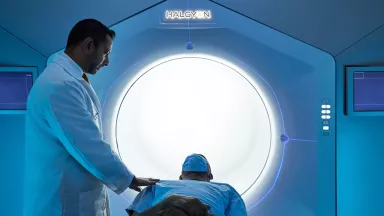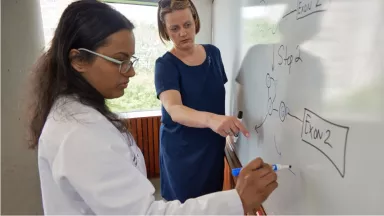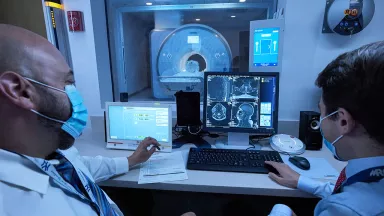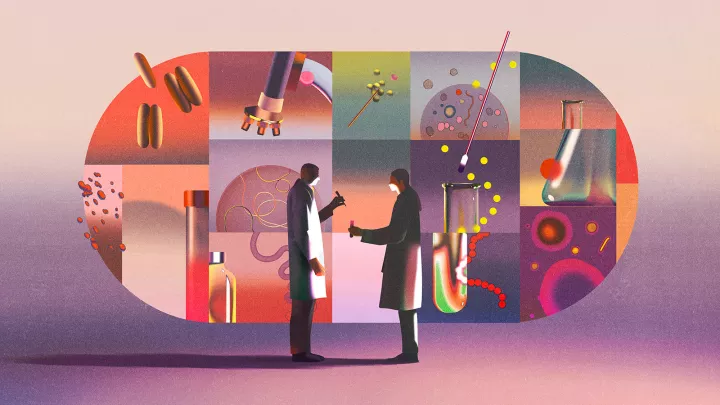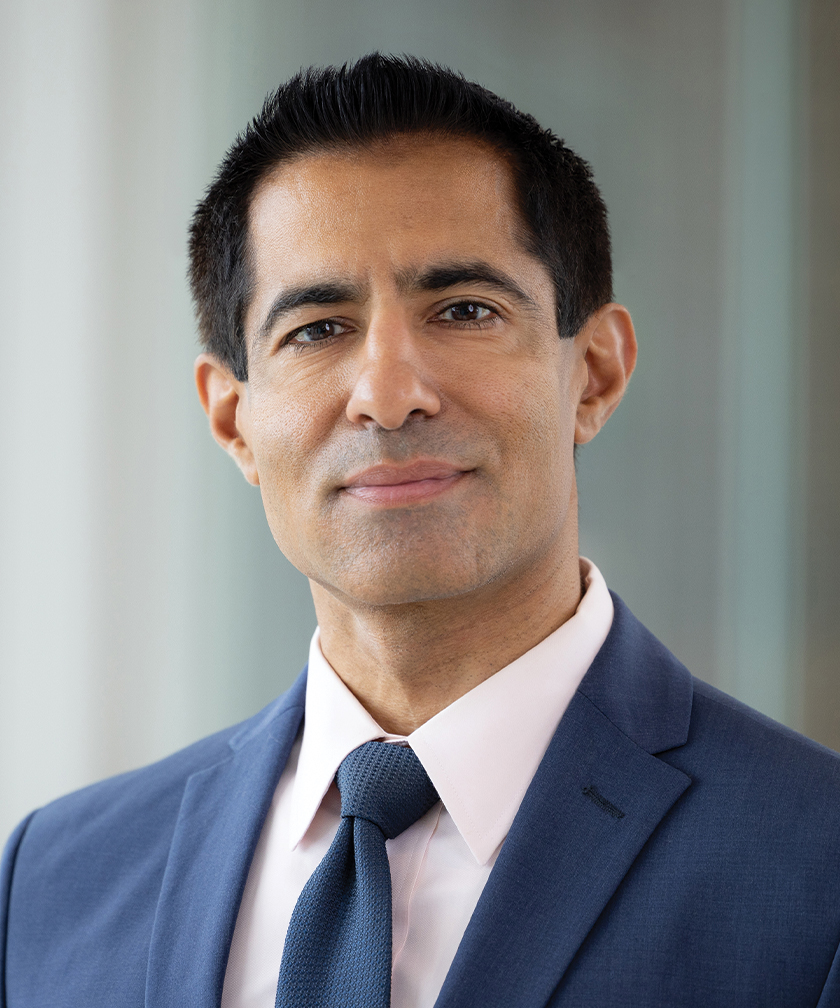Our Approach to Gastrointestinal (GI) Cancers



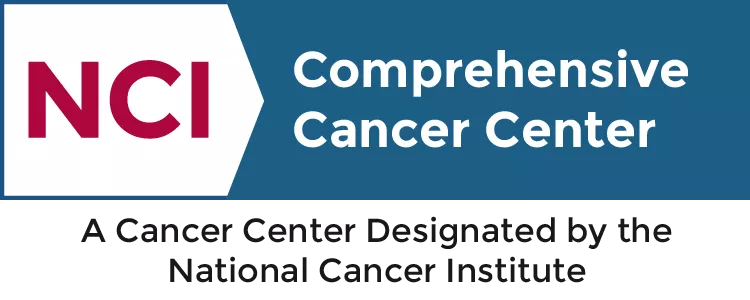
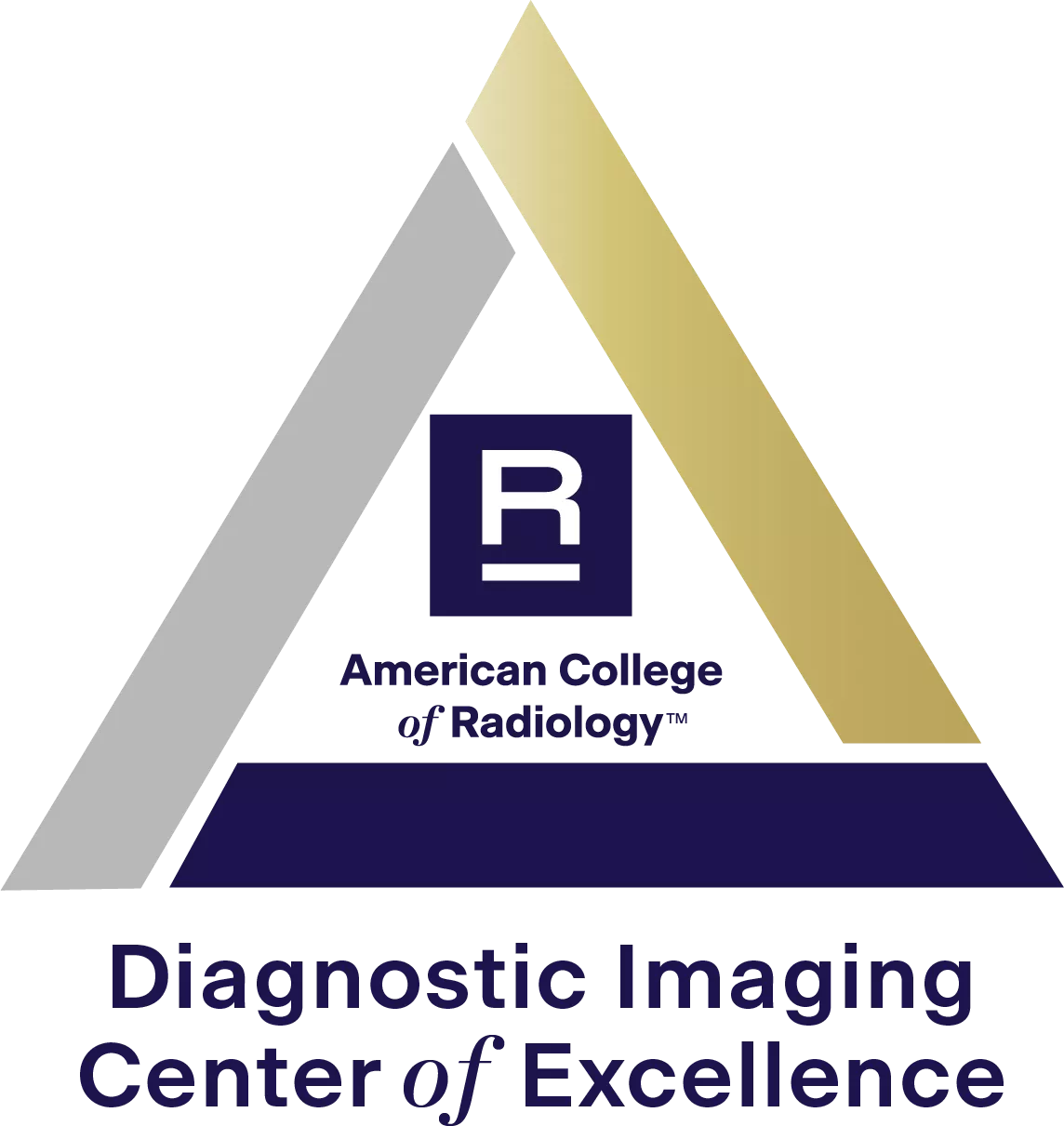
Access exceptional care for common as well as complex GI cancers including stomach, colorectal, gallbladder, and pancreatic cancer at Montefiore Einstein Comprehensive Cancer Center. We are among the elite 1% NCI-designated comprehensive cancer centers in the U.S. — and we are ranked in the top 1% of all U.S. hospitals for cancer care and gastroenterology & GI surgery according to U.S. News & World Report.
We use a science-based, multidisciplinary approach. Whatever the stage of your cancer, we can offer you the safest and most effective treatment options available today, so you can focus on healing and getting back to your life.
In our care, you’ll be the focus of a dedicated and highly collaborative team of world-renowned doctors who carefully assess your situation and provide you with an individualized care plan that takes your needs and input into account.
Our areas of expertise in GI cancers include:
Colorectal cancer: Our surgeons are internationally recognized experts who use minimally invasive techniques to help maintain colon and rectal function wherever possible. We’re often able to preserve sexual function and urinary continence, and can eliminate the need for colostomy in most cases. U.S. News & World Report ranks Montefiore Einstein Comprehensive Cancer Center as "High Performing" in colon cancer surgery.
Liver cancer: We use surgical techniques that minimize complications and maximize successful outcomes, with many patients enjoying a return to normal liver function after surgery.
Metastasis (cancer spread) to the liver: We have developed innovative therapies to address liver tumors that have spread from another part of the body, and when standard chemotherapy and surgery have stopped working. We are also pioneers in combining these techniques with vaccines that boost the body’s immune system to fight the cancer and also offer the newest approach to treating cancer that has spread to the liver from the colon or rectum: the hepatic artery infusion pump (HAIP). The HAIP approach is also to treat a rare type of liver cancer in the liver’s bile ducts known as (locally advanced) intrahepatic cholangiocarcinoma.
Pancreatic cancer: We use a combination of localized therapies and vaccine boosters. Our surgeons are experts at safely performing the delicate surgery involved with pancreatic cancer.
Gastric and gastroesophageal cancer: We use a combination of treatments to ensure the best chance for a cure and long survival, including immunotherapy, novel chemotherapy regimens, and minimally invasive surgery.
Endocrine cancer: Our team of specialists uses the most advanced therapies and surgical approaches to ensure the best outcome for each patient.
Through research in our labs, as well as our many clinical trials, we’re continually developing and adopting new techniques and treatments for GI cancers.
Screening for & Diagnosis of Gastrointestinal (GI) Cancers
Screening for GI cancers such as colorectal and liver cancer involves looking for cancerous changes before symptoms develop. When precancerous developments are spotted early, changing diet and lifestyle factors can lower the risk of developing cancer. In some instances, information from a screening test prompts people to take more intensive steps, such as preventative surgery.
Talk to your doctor about screening for GI cancers, since there are typically benefits and potential harms to consider.
Typically, the earlier cancer is diagnosed, the better the chance of beating it because that’s when treatment tends to be more effective.
To make a diagnosis of GI cancer, Montefiore Einstein Comprehensive Cancer Center relies on evidence-based testing such as:
- Biopsy, this procedure involves removing a small bit of tissue and examining it under a microscope to see if cancer cells are present.
- Diagnostic imaging tests: including ultrasound, Computed Tomography (CT) scan, Positron Emission Tomography (PET) and Magnetic Resonance Imaging (MRI).
- Endoscopy, this procedure inserting a flexible tube with a tiny camera to examine the condition of your colon (colonoscopy) and sigmoid colon (sigmoidoscopy). Investigation of the upper lining of the GI tract, such as the esophagus, stomach and duodenum, is called “upper GI endoscopy.”
We use leading-edge fusion scan technology as needed to assess tumors before and after surgery, as well as state-of-the art imaging technologies that enable us to view the effect of treatment on a tumor in real time.
Genetic Testing for Gastrointestinal (GI) Cancers
If you have a family history of colon cancer, stomach cancer or pancreatic cancer, consider genetic testing to better understand your level of risk. Talk to your doctor about what they recommend for you specifically. We offer genetic testing visits staffed by genetic counselors and others who can help you decide about next steps.

Innovative Treatments for Gastrointestinal (GI) Cancers
Montefiore Einstein Comprehensive Cancer Center offers advanced treatments for GI cancers, including access to many clinical trials that offer the option of receiving medicines or other treatments not yet available at other cancer centers.
To effectively treat GI cancers, Surgery is often needed. At Montefiore Einstein Comprehensive Cancer Center, we’re equipped to perform many types of conventional and advanced surgical procedures.
Our extensive use of minimally invasive and robotic surgeries often enables patients to return home to the care and support of their families in record time.
Other treatments recommended for you in a personalized treatment plan from Montefiore Einstein Comprehensive Cancer Center may include:
- Chemotherapy to destroy cancer cells, including:
- Pre-operative chemotherapy
- Targeted infusion therapies with high doses of chemotherapy
- Targeted therapy to target a cancer’s unique proteins, genes, or environment (includes immunotherapy)
- Neoadjuvant therapy to reduce the size of a tumor before surgically removing it.
- Immunotherapy to boost the body’s immune system to fight the cancer
- Radiation therapy, including image-guided, intensity-modulated radiation
- Regional therapy to deliver treatment specifically to cancer-affected areas, rather than to the body as a whole.
Research & Clinical Trials for Gastrointestinal (GI) Cancers
At Montefiore Einstein Comprehensive Cancer Center, we’re committed to translating scientific discoveries and leading-edge research findings into new treatments and therapies for people with colorectal cancer and cancer of the stomach, esophagus, liver, gallbladder, pancreas, small intestine, and other parts of the gastrointestinal tract. By integrating science and medicine, we can consistently deliver sophisticated, state-of-the-art treatments.
As our patient, you not only have access to national and international-sponsored clinical trials (research studies), but, in many cases, you can receive innovative therapies not yet available at other cancer centers.

Care Navigation & Support Services
At Montefiore Einstein Comprehensive Cancer Center, we’re focused on the prevention, early diagnosis and treatment of cancer. You can place your trust in our multidisciplinary team of world-renowned experts. Our full-service Cancer Center offers a comprehensive range of traditional and holistic care, from screening and diagnosis, through survivorship. This includes care navigation, mental health and wellness services and other supportive programs like financial counseling and rehabilitation.
Your GI Cancer Team
The multidisciplinary team of GI experts at Montefiore Einstein Comprehensive Cancer Center is at the forefront of cancer care and the development of therapies to treat colorectal, stomach, gall bladder, pancreatic and other types of common and rare cancers. From prevention to follow-up care and rehabilitation options, as well as guidance from nutritionists, psychologists and more, we will propose an individualized treatment plan that fits your needs and lifestyle.
We provide comprehensive, compassionate care. For people requiring palliative care, including relief from pain and other discomforts when terminally ill, we use minimally invasive forms of treatment to reduce the length of hospital stays and enable patients to return home to the care and support of their families as quickly as possible.
About Gastrointestinal (GI) Cancers
Gastrointestinal cancers form in the organs and tissues of the digestive system. They are among the nation’s most common cancers and include cancers of the:
- Anus
- Biliary system
- Colon
- Stomach
- Large intestine
- Liver
- Pancreas
- Rectum
- Small intestine


